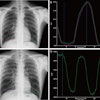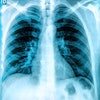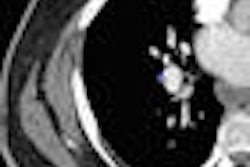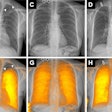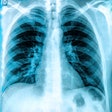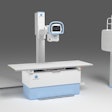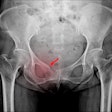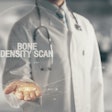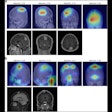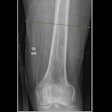A new study to be published in the May/June issue of the Journal of Intensive Care Medicine indicates that patients who suffer cardiac arrests and then receive coronary angiography are twice as likely to survive without significant brain damage compared with patients who don't have the procedure.
Researchers from the University of Pittsburgh Medical Center (UPMC) analyzed the records of 241 adult cardiac arrest patients who were treated at UPMC's Presbyterian Hospital between January 2005 and December 2007.
Coronary artery disease was present in 52% of the patients, a rate that didn't differ between those who received coronary angiography (40% of the group) and those who did not. The findings are consistent with prior research showing that 60% to 80% of cardiac arrests are a result of cardiovascular disease, according to the authors.
However, slightly more than half of patients who underwent coronary angiography experienced a good clinical outcome, which the researchers defined as being discharged to home or to an acute rehabilitation facility, compared with 24.8% of patients who didn't have the procedure. Early angiography, performed within 24 hours of a patient's arrival, wasn't associated with improved survival when compared to having the procedure later, but researchers noted that the small number of patients may have made it impossible to prove a difference.
Coronary angiography appears to put patients on the path to better care, which may lead to better outcomes, according to the University of Pittsburgh's Dr. Jon Rittenberger, corresponding author on the study. Clinicians should consider the procedure for all postcardiac arrest patients, he said.
Copyright © 2009 AuntMinnie.com

